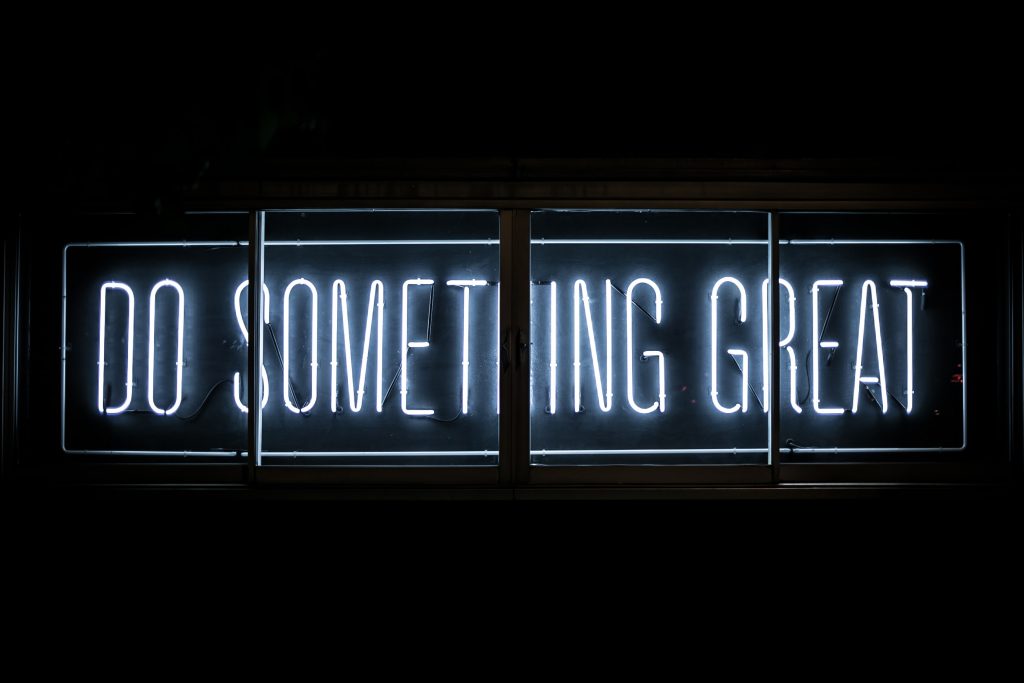
It’s getting less and less common these days for people to have a traditional career where they have a single job. For me, that’s meant working through several large organizations at once, as well as a lot of freelance writing in places like this. Here, I want to walk you through ten strategies that I use to keep a healthy work-life balance and to work on my own terms.
It’s my hope here that you find at least a few of these helpful, and you can integrate them into your daily life to make your work more rewarding and less time-consuming.
Scheduling is Key
At the moment, I’m working for two universities, as well as running my own writing business on the side. To make sure that I don’t get anything, taking the time to make daily and weekly schedules with all of my responsibilities on it has been key to keeping all of the projects moving forward.
I tend to schedule my days down to the half-hour, just so I can keep myself on task without too much free time in which to get distracted or with an opportunity to lose focus. Keeping bigger weekly goals in mind as well is a great motivating tool.

organize Your Gear
To keep everything moving along, I need the right tools for the job, usually a few books, makers, sometimes chalk, and so on. Without the right equipment, it’s harder and harder to keep working effectively. So, I do what I can to make sure to have what I need on hand for every day.
Thus, I make some time every evening to list what tools I’ll need for the next day so that it’s one less thing to have to think about on busy mornings. That way, I have the night to think about it if I forget anything so that the morning is one more chance to make sure I have everything for the day.
Become a uni-tasker
Despite how often we might try, human beings are simply not good at multi-tasking. If you try to do too many things at once, you’ll likely find yourself doing all of them poorly. This is what psychologists call task saturation. It’s why, for example, people often crash while texting and driving.
Instead, I suggest making out blocks of focused time in which you dedicate yourself to one thing and one thing only. Overall, this will help you get things done not only faster but more effectively as well.

Build Variety into your day
Uni-Tasking doesn’t mean that your day has to be monotonous. In fact, I recommend very much the opposite. With the exception of giving lectures, I try to change what task I’m working on about once an hour to keep things feeling fresh and to give myself a new set of tasks to think about while my subconscious can work on more difficult creative problems.
Just like with food, our minds like variety in daily activities, so do what you can to avoid long, boring stretches of doing the same kind of work.
Focus on Developing New Skills
It’s important to remember that you’re a lot more than your resume. For example, I’m primarily trained as an academic. Yet, these days, a lot of my income comes from writing about things that have very little to do with my academic degrees.
In a world as complex as ours, it’s important, I think, to see yourself as a person with widely applicable kills, as opposed to a person trained to do one specific thing. That way, no matter what life throws your way, you’ll be equipped to think about how you can apply those skills to specific situations and needs.
Devote Time To New Opportunities
As an academic, it’s easy to stay in academia and fill all of my time with tasks related to academia. On kind of a whim over the summer, I decided to make a profile on a freelancing website to see if there were other people who valued the skills of writing well and making sound analyses understandable to general audiences.
I found out pretty quickly that I was right: the skills that I learned in academic life also make for excellent freelance writing contracts, and now I write mostly for clients that I’ve worked with for years. The lesson is that it often pays off to look around and see what opportunities are out there for a person with your set of skills.

Re-Evaluate your practices
Of course, as you learn and try new things, keep in mind that you need to update your skills as well. Be honest with yourself: are there things you need to get better at?
Assuming there is something you want to improve at, that’s excellent news as you have an opportunity to learn something new.
Don’t be afraid to say no
While I do think it’s important to say yes to new opportunities, it’s also important to say no to things that don’t work for you. If your job isn’t working out, or you’re not getting what you need out of a relationship, it’s vital to assert those needs and prioritize yourself to make sure that you can keep moving forward with your life goals.
Learn Constantly
Every day is different than the last, and will likely have new and different challenges. Sure, that can be more than tiring, but it’s also a great opportunity. At the end of every day, I like to take a few minutes to sit down and think about what was new about the day, and how I might learn from it to make tomorrow better.
Think in terms of Systems
Especially when you’re working on multiple projects, it’s easy to lose sight of the big picture, but it’s important to do so. I like to think in terms of patterns and systems. If I can apply my skills and ideas to understanding and making good use of those patterns, then it’s possible to further my life and career.
